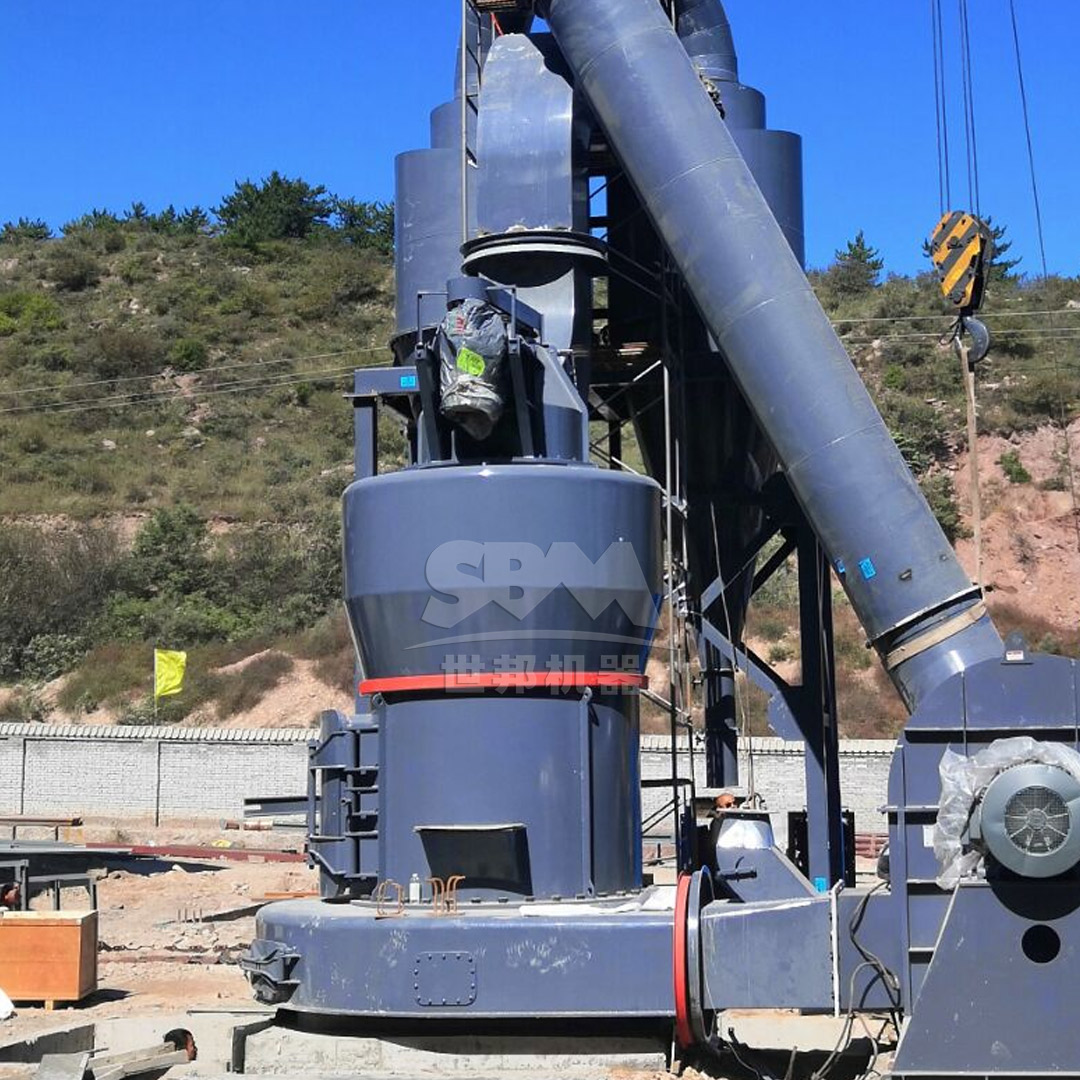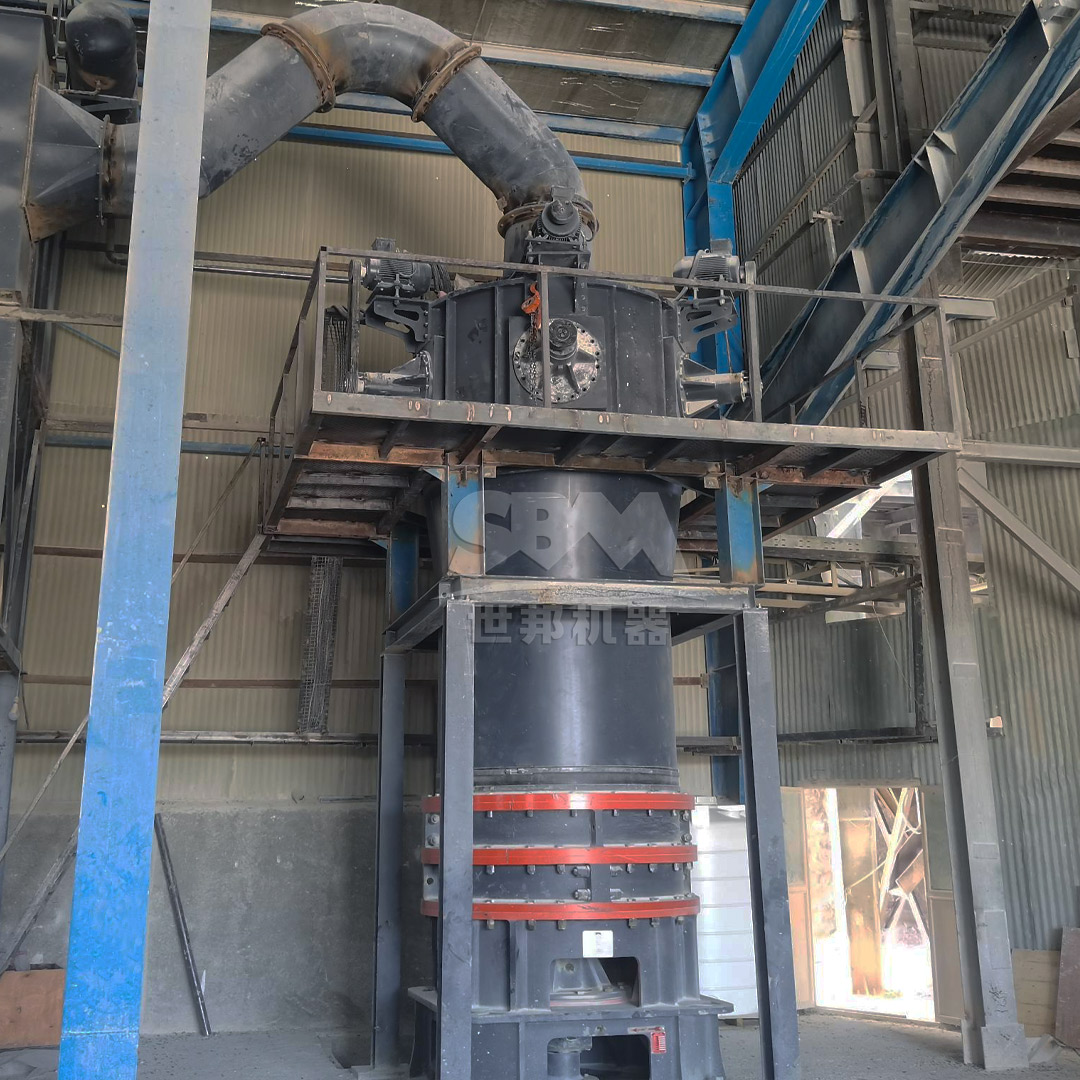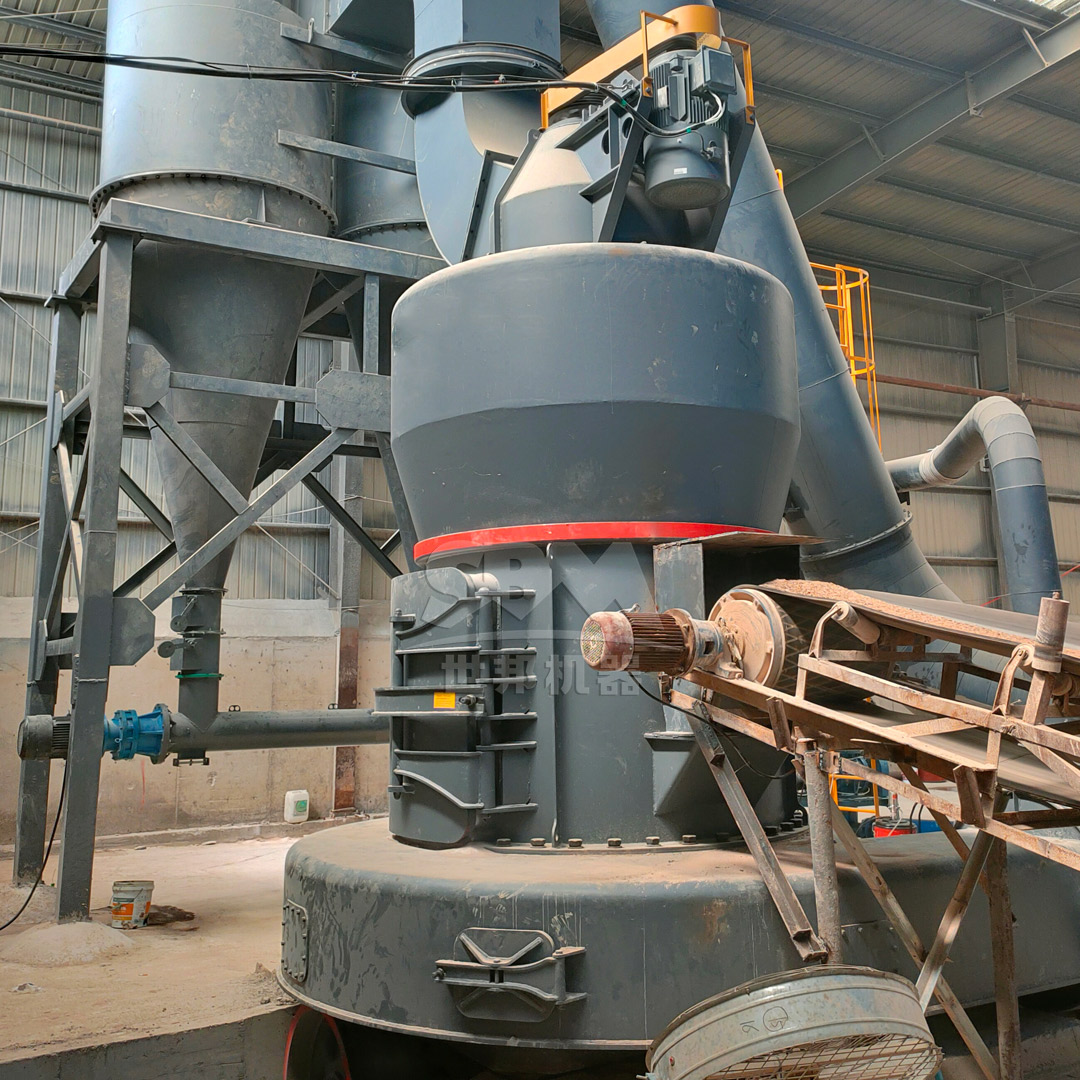Bauxite, as the primary source of aluminum, plays a crucial role in the production of high-grade refractory materials. The quality of bauxite-based refractories heavily depends on the fineness and uniformity of the processed powder. Ultrafine grinding technology has revolutionized this industry by enabling the production of precisely controlled particle sizes that enhance the performance characteristics of refractory products. This article explores the technical requirements for bauxite processing and introduces advanced milling solutions that meet these demanding specifications.

High-quality refractory materials demand bauxite powder with specific characteristics. The particle size distribution must be tightly controlled, typically ranging from 325 to 2500 mesh (D97 ≤ 5μm), to ensure optimal packing density and sintering behavior. Additionally, the chemical composition must maintain high alumina content while minimizing impurities that could compromise refractory performance at elevated temperatures. The grinding process must preserve the crystal structure of bauxite minerals to maintain their refractory properties.
Conventional grinding equipment often struggles to achieve the precise particle size control required for premium refractory applications. Issues such as broad particle size distribution, contamination from grinding media, and excessive energy consumption have limited the quality and efficiency of bauxite processing. Furthermore, traditional mills may generate excessive heat that can alter the mineralogical characteristics of bauxite, negatively impacting the final refractory product quality.
The development of specialized ultrafine mills has addressed the limitations of traditional grinding methods for bauxite processing. These advanced systems incorporate precision classification, efficient grinding mechanisms, and intelligent control systems to produce consistently high-quality bauxite powder for refractory applications.
For refractory-grade bauxite requiring extremely fine and uniform particle size distribution, the SCM Ultrafine Mill represents the ideal solution. This advanced grinding system operates with input sizes up to 20mm and delivers output fineness ranging from 325 to 2500 mesh (D97 ≤ 5μm), perfectly matching the specifications for high-performance refractory materials.
| Model | Processing Capacity (ton/h) | Main Motor Power (kW) | Feed Size (mm) | Output Fineness (mesh) |
|---|---|---|---|---|
| SCM800 | 0.5-4.5 | 75 | 0-20 | 325-2500 |
| SCM900 | 0.8-6.5 | 90 | 0-20 | 325-2500 |
| SCM1000 | 1.0-8.5 | 132 | 0-20 | 325-2500 |
| SCM1250 | 2.5-14 | 185 | 0-20 | 325-2500 |
| SCM1680 | 5.0-25 | 315 | 0-20 | 325-2500 |
The SCM series achieves its exceptional performance through a vertical turbine classifier that ensures precise particle size切割 with no coarse powder contamination. The grinding mechanism utilizes special material rollers and grinding rings that significantly extend service life while maintaining consistent product quality. For refractory applications where product purity is paramount, the SCM mill’s intelligent control system automatically monitors and adjusts product fineness, ensuring batch-to-batch consistency.

For applications requiring slightly coarser bauxite powder or when processing larger feed materials, the MTW Series Trapezium Mill offers an excellent balance of capacity and fineness control. With input sizes up to 50mm and output fineness from 30 to 325 mesh (down to 0.038mm), this mill efficiently processes bauxite for various refractory grades.
The MTW series incorporates several technological advantages specifically beneficial for bauxite processing. Its anti-wear shovel blade design reduces maintenance costs, while the curved air channel optimization minimizes energy loss during material transport. The integrated cone gear transmission achieves 98% efficiency, contributing to overall energy savings in the grinding circuit.
| Model | Processing Capacity (ton/h) | Main Motor Power (kW) | Feed Size (mm) | Output Fineness (mesh) |
|---|---|---|---|---|
| MTW110 | 3-9 | 55 | <30 | 10-325 |
| MTW138Z | 6-17 | 90 | <35 | 10-325 |
| MTW175G | 9.5-25 | 160 | <40 | 10-325 |
| MTW215G | 15-45 | 280 | <50 | 10-325 |
Modern bauxite grinding operations must address both economic and environmental concerns. The SCM Ultrafine Mill demonstrates remarkable energy efficiency, delivering twice the capacity of jet mills while reducing energy consumption by 30%. This significant reduction in operating costs makes high-quality bauxite processing more economically viable for refractory manufacturers.
Environmental performance is equally impressive, with pulse dust collection efficiency exceeding international standards. The integrated noise reduction design maintains operational noise below 75dB, creating a safer working environment while meeting stringent regulatory requirements. The completely sealed negative pressure operation prevents dust leakage, ensuring clean production facilities.
When selecting grinding equipment for bauxite processing, refractory manufacturers must consider multiple factors beyond basic capacity and fineness. The table below compares key performance indicators for different grinding technologies applicable to bauxite processing:
| Technology | Energy Efficiency | Particle Size Control | Wear Part Life | Environmental Impact | Operating Cost |
|---|---|---|---|---|---|
| SCM Ultrafine Mill | Excellent | Superior | Extended | Low | Low |
| MTW Trapezium Mill | Very Good | Very Good | Good | Low | Medium-Low |
| Ball Mill | Fair | Good | Medium | Medium | Medium-High |
| Raymond Mill | Good | Fair | Medium | Medium | Medium |
The quality of bauxite powder directly influences the performance characteristics of final refractory products. Ultrafine bauxite powder with controlled particle size distribution enhances the packing density during forming, leading to improved mechanical strength and thermal stability in the fired refractory. The precise control offered by modern ultrafine mills enables refractory manufacturers to optimize their product formulations for specific applications.
In high-alumina refractory production, the consistent fineness achieved by the SCM Ultrafine Mill ensures uniform sintering behavior and controlled microstructure development. This translates to refractory products with enhanced resistance to thermal shock, corrosion, and erosion – critical properties for applications in steelmaking, cement production, and non-ferrous metal processing.

A major refractory manufacturer implemented the SCM1250 Ultrafine Mill for processing calcined bauxite for high-alumina bricks. The transition from conventional grinding technology resulted in a 22% increase in brick density, 18% improvement in cold crushing strength, and 15% extension of service life in cement kiln applications. The consistent particle size distribution eliminated variations in sintering behavior, reducing rejection rates by 31% and significantly improving production efficiency.
The refractory industry continues to evolve toward higher performance specifications, driving demand for even more precise particle engineering in bauxite processing. Emerging trends include the development of customized particle size distributions tailored to specific refractory applications and the integration of artificial intelligence for real-time process optimization. The modular design of advanced mills like the SCM series facilitates future upgrades and adaptations to meet evolving market requirements.
Sustainability considerations are increasingly influencing equipment selection, with energy efficiency, reduced water consumption, and minimal environmental impact becoming critical decision factors. The SCM Ultrafine Mill’s low energy consumption and dust-free operation position it as a future-proof solution for environmentally conscious refractory manufacturers.
The production of high-grade refractory materials from bauxite requires advanced grinding technology that delivers precise particle size control, operational efficiency, and environmental responsibility. The SCM Ultrafine Mill series represents the state of the art in bauxite processing, offering refractory manufacturers the capability to produce consistently high-quality powder with the characteristics necessary for premium refractory applications. With capacities ranging from 0.5 to 25 tons per hour and fineness control from 325 to 2500 mesh, these mills provide scalable solutions for operations of all sizes while optimizing energy consumption and minimizing environmental impact.